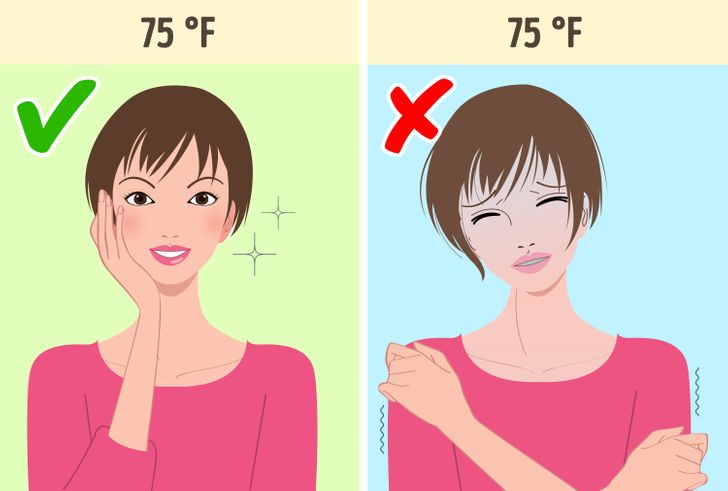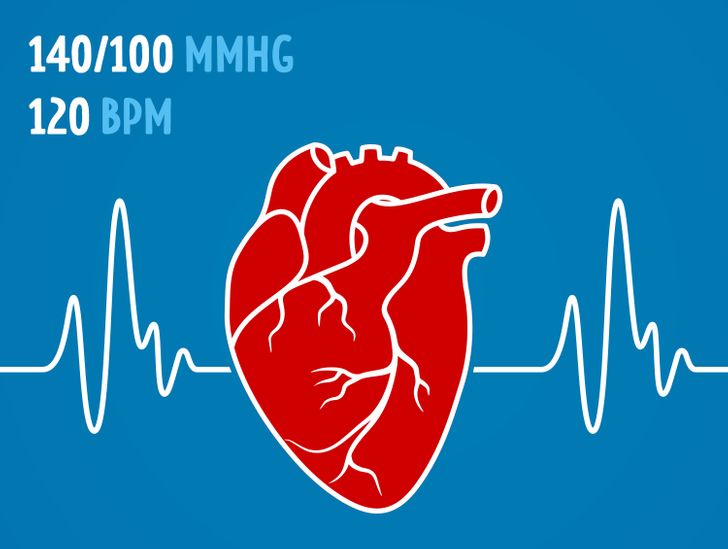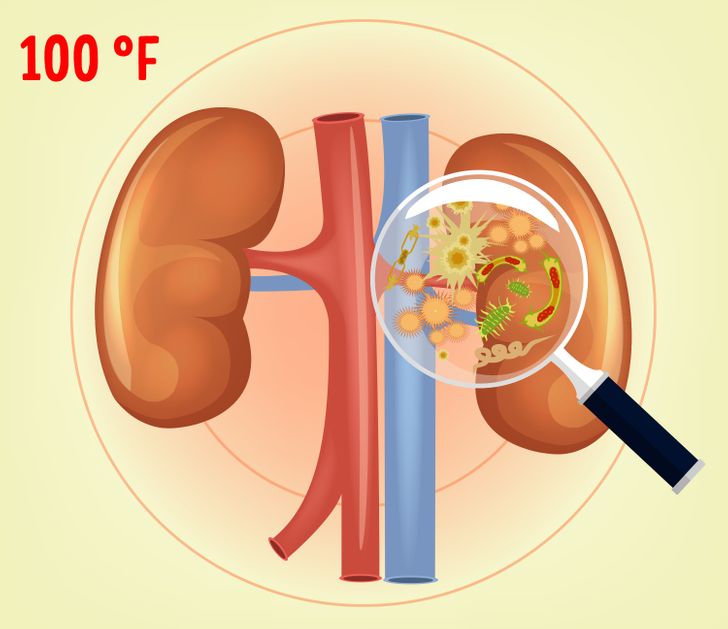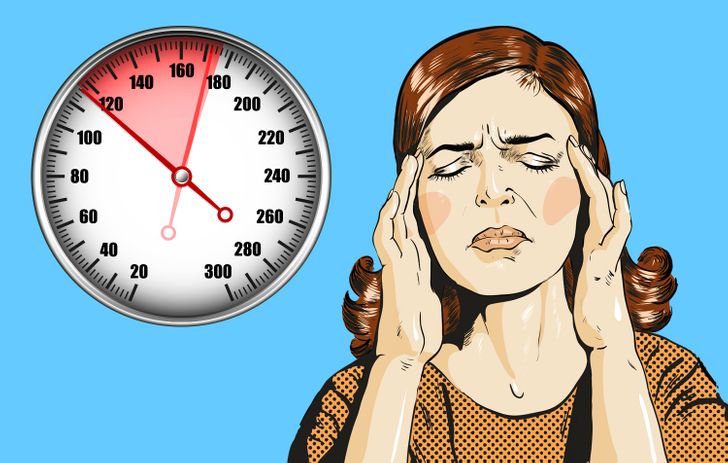Most kidney diseases can develop without any symptoms, leading to a late diagnosis of chronic disease. Various kidney-related problems affect approximately 14% of the adult population and lead to serious complications, such as disorders of the cardiovascular system and frequent bone fractures.
That is why it is so important to recognize a disease in its early stages. Today we wants to talk about some of the less obvious symptoms that can indicate kidney problems.
Kidney Problem Symptoms
8. Itching And Dryness Of Skin
Your kidneys are constantly working: they remove harmful elements, participate in the production of blood and support the mineral balance of the body.
Dry or itchy skin, hyperpigmentation, rash, and jaundice may indicate that the kidneys are not working as they should.
These unpleasant symptoms can appear due to an excessive amount of phosphorus that does not leave the organism or due to intoxication by metabolic products.
7. Always Wanting To Get Warmer No Matter The Temperature

Tremors, tiredness, shortness of breath, insomnia, and weakness are signs of anemia that many people are familiar with. Kidney problems can decrease the production of the hormone erythropoietin.
This hormone stimulates the production of red blood cells in the bone marrow. Chronic anemia can be a sign that the kidneys are not working properly.
In cases where anemia is caused by kidney problems and a lack of erythropoietin, doctors prescribe hormones.
6. Unpleasant Breath

Unpleasant breath can be caused by many different diseases, but one of them is a urinary tract infection.
When a person has kidney problems, the products of their metabolism do not leave the body as quickly as they should, so they can go to the gastrointestinal tract and cause a metallic taste in the mouth and a faint smell of ammonia.
5. Swelling
The swelling is due to an excessive amount of water in the intercellular spaces. At first, they form near the feet, face, and eyelids, but then spread throughout the body.
Swelling can develop very quickly and can often accompany a pale face and dry skin, even if the skin temperature does not change.
If you press on a swollen place, you will see a mark that will disappear in a few seconds. Other symptoms can be neurological, such as drowsiness, migraines, and bone and muscle pain.
Doctors believe that swelling occurs when there are too many sodium ions which attract a large amount of liquid.
READ RELATED: Drug that 'repairs damage to the brain and spinal cord' has been created by British scientists
4. Tachycardia

An excess amount of potassium that diseased kidneys cannot remove from the body system can have a negative effect on the cardiovascular system.
This leads to a heart rate interruption that can be very serious.
Hyperkalemia can only be recognized by laboratory test results, as its symptoms are vague and easy to confuse with other diseases.
3. High Fever And Backaches

An acute backache with a high fever, frequent urination, and sometimes vomiting are serious signs that may indicate you have a kidney problem.
Women are more susceptible to infections due to the functioning of the urinary system.
If you experience these symptoms, you should see a doctor immediately. Your doctor will likely prescribe antibiotics with pain relievers.
2. Muscle Cramps
Chronic muscle cramps (not the ones that occur from time to time) can indicate an electrolyte imbalance in the body.
Magnesium and potassium play an important role in muscle function and deviation from the norm, which is likely to lead to muscle cramps.
However, it is not only microelements that are responsible for muscle cramps. They can also be due to excess fluid.
Inflamed kidneys pressing on the nerve endings of the surrounding muscles can cause a painful sensation.
1. High Blood Pressure

High blood pressure has a negative effect on the kidneys: it damages the blood vessels that can lead to kidney failure.
When blood flow is very strong, vessels dilate, weakening them, making it difficult for the kidneys to remove toxins from the body.
The excess fluid makes the problem even worse. According to the NIDDK, hypertension is one of the leading causes of kidney disease.
Do you know any other signs of kidney problems? Let us know in the comment section below!
Source: crfatsides









